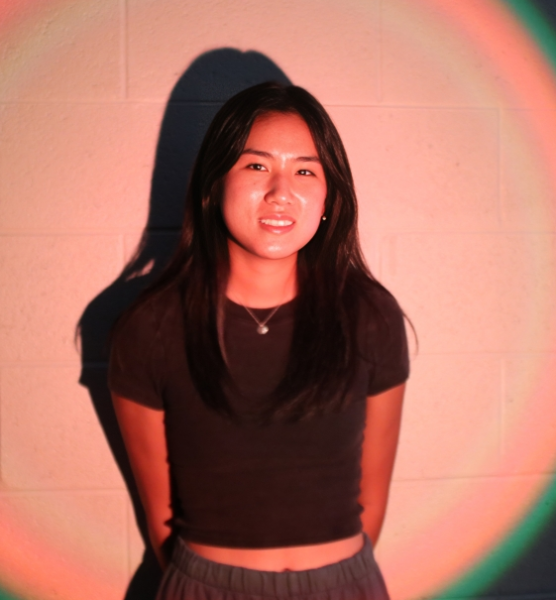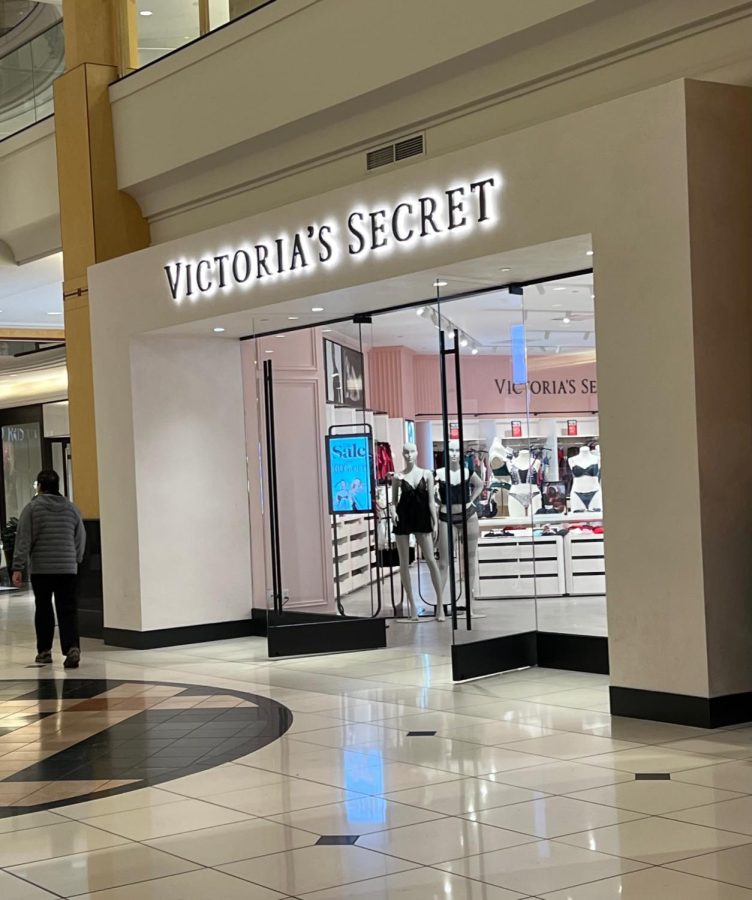Victoria’s Real Secret
A look into the rebranding of Victoria’s Secret and the lasting legacy of the Victoria’s Secret Angels.
From 1995 to the early 2000s, the iconic Victoria’s Secret fashion shows were known for creating a group of women who were considered to be the most beautiful women to exist. These women were known for reaching an almost unattainable level of beauty, from physical features to their composure and aura. Fittingly, they obtained the name Victoria’s Secret Angels, creating a new set of beauty standards that would haunt society to this day.
Victoria’s Secret was created to be a brand where extravagant lingerie could be bought in a more welcoming environment for men. With the rise of the Victoria’s Secret Angels, it became clear that the brand was targeted to appeal to men and to push the agenda that there was only one type of beautiful and desirable women: women who looked like the Angels. The Victoria’s Secret Angels had created a fantasy where people either desired the Angels, or wanted to be them.
With every video and post showing what the Angels ate and how they worked out, people, including the Angels, were submerged deeper and deeper into diet culture and eating disorders.
In a post titled “Body Dysmorphia and Recovery,” on Bridget Malcolm’s blog, Bridget Malcolm Official, Elle comments on the ex-Victoria’s Secret Angel’s post with, “When I was deepest in my eating disorder I would look at pictures of Victoria’s Secret models all day… what I didn’t know was that at least one of them was struggling with the same things I was.”
Even the Victoria’s Secret Angels, who were considered to be a group of women who were considered to be the definition of beauty, suffered from body image issues due to the unreachable beauty standard that the company had created. There was never any winner from this campaign. It only made everyone feel worse about themselves as they strived for perfection in beauty that didn’t exist.
People were eager to fit into this beauty standard. This was all that mattered. The idea that everyone had to look like these models, with their slender long legs, big blowout hair and thin waist, became engraved into our society, and with that, Victoria’s Secret sales began to skyrocket.
“By the early 1990s, Victoria’s Secret had become the largest lingerie retailer in the US, with 350 stores nationally and sales topping $1 billion,” says Business Insider in an article titled “The Rise, Fall, and Comeback of Victoria’s Secret, America’s biggest lingerie retailer.”
However, during the late 2010s, Victoria’s Secret began to face backlash for the lack of diversity within their models and for promoting an unhealthy lifestyle. As movements like the #MeToo movement and women empowerment began to rise, Victoria’s Secret faced even more hate and declining sales.
It didn’t help that more and more models came forward with cases of sexual violence and harassment against executive members of the company. The prominence and cultural impact of the Victoria’s Secret Angels began to fade as headlines of the Angels’ soaring success began to be replaced by news of brewing scandals and lies.
In 2021, Victoria’s Secret announced that they were starting fresh on a clean slate by rebranding to be a brand that valued women empowerment and diversity. It may still be too soon to tell whether their rebranding was successful, in terms of sale. Still, it is clear that the cultural impact of the rebranding is much smaller than the Angels, which created some of the most famous models to this day. Many people might still associate Victoria’s Secret with promoting diet culture and unhealthy beauty standards, while others might argue that the rebranding of Victoria’s Secret has made the company lose what made it iconic. And for some, like Emily Kim, Troy High School junior, it might be both.
“Honestly, I kind of forgot about Victoria’s Secret after they stopped having their fashion shows. I don’t really see much about them in the news either,” says Kim.
“But I still do correlate Victoria’s Secret with more of a negative image because I’ve heard horror stories from models who used to be Angels,” Kim adds.
Still, even with the rebranding, the negative impact of the Angels lives on. With models filming ‘What I Eat in a Day’ videos, showing their incredibly unhealthy eating habits and Hulu created a documentary, “Victoria’s Secret: Angels and Demons,” exposing the grim rise and fall of the company, it is hard to forget. Even though Victoria’s Secret is taking a step in the right direction, the legacy of the Victoria’s Secret Angels might still be forever ingrained into our society, for better or for worse.
Your donation will support the student journalists of Troy High School - MI. Your contribution will allow us to print our work, purchase equipment and cover our annual website hosting costs.


